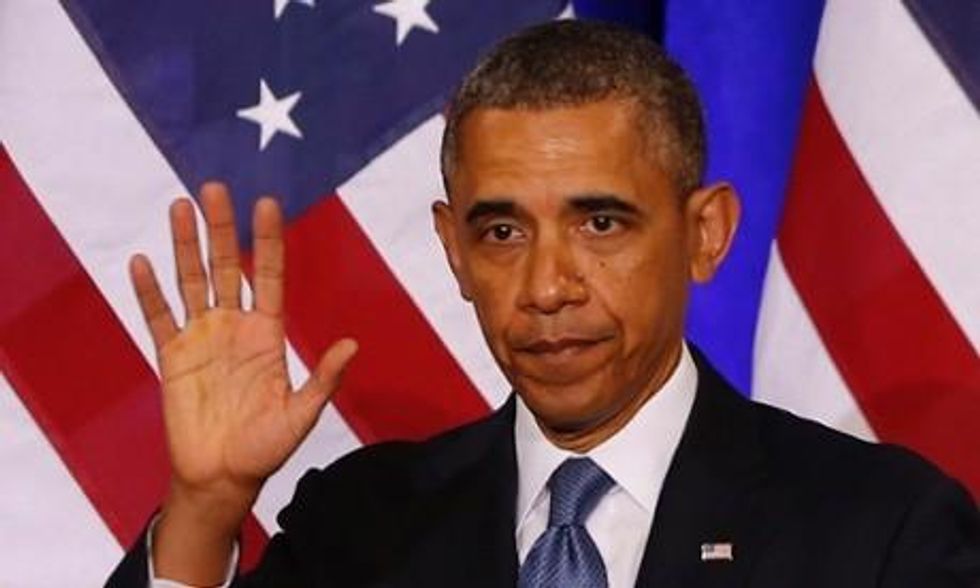To anyone who criticized the National Security Agency's phone-records dragnet over the last nine months or so, the American intelligence community had this stock response: all three branches of government signed off on it.
The intelligence community was right, at least in a sense, but what it presented as a defense of the surveillance program was actually an indictment of our oversight system. What it presented as a defense of the program was actually a scandal.
In today's New York Times, Charlie Savage reports that the administration has come to the belated realization that its intelligence interests can be accommodated without placing hundreds of millions of people under permanent surveillance. This is to the good, of course. But if the administration is right that the dragnet was unnecessary, we should ask how all three branches of government got it so wrong.
The answer, in a word, is secrecy. When intelligence officials proposed the dragnet, there was no one on the other side to explain that the government's goals could be achieved with less-intrusive means. There was no one there to mention that the law the government was invoking couldn't lawfully be used to collect call-records. There was no one there to mention that the bulk collection of call records was unconstitutional.
Instead, there was an entirely one-sided system in which government attorneys presented the supposed interests of the intelligence community in the most expansive way possible, and the judges of a poorly resourced court tried unsuccessfully, and sometimes halfheartedly, to imagine what ordinary citizens might say in response. Over time, and perhaps without entirely meaning to, the court developed a wholly new body of law, a body of law animated not by democratic principles but by the values of the intelligence community - collect, analyze, conceal.
The intelligence committees that were meant to serve as a further check on unwarranted government surveillance failed just as profoundly. They allowed the intelligence community to launch dragnet programs when narrower programs would have been equally effective. They allowed it to mislead the public about the scope of its surveillance activities. They allowed it to pretend that the government's surveillance technology was directed at suspected terrorists abroad when in fact it was directed at ordinary citizens.
One can confidently predict that the administration's proposal to end the NSA's bulk collection of phone records will not go far enough. According to the Times report, the administration's proposal will still have the NSA collecting records about people who are two steps removed from terrorism suspects, not just records about the terrorism suspects themselves. The administration doesn't seem to be contemplating new limits on the agency's authority to retain, analyze or disseminate the records it collects. And it isn't proposing to end bulk collection of all records - just the bulk collection of phone records. And of course Congress must approve the proposal.
But, as David Cole has observed, this much can be said about the administration's proposal already: the president is acknowledging that a surveillance program endorsed by all three branches of government, and in place for more than a decade, has not been able to survive public scrutiny. It's an acknowledgement that the intelligence agencies, the surveillance court and the intelligence committees struck a balance behind closed doors that could not be defended in public.
The question now is whether the administration's proposal with respect to the phone-records program signals a broader recognition that many of the NSA's surveillance activities lack democratic legitimacy. The truth is that there is a vast distance between what the American public has approved and what the NSA is actually doing. The proposal to end the phone-tracking program is, we can hope, a sign that the administration now sees this.

